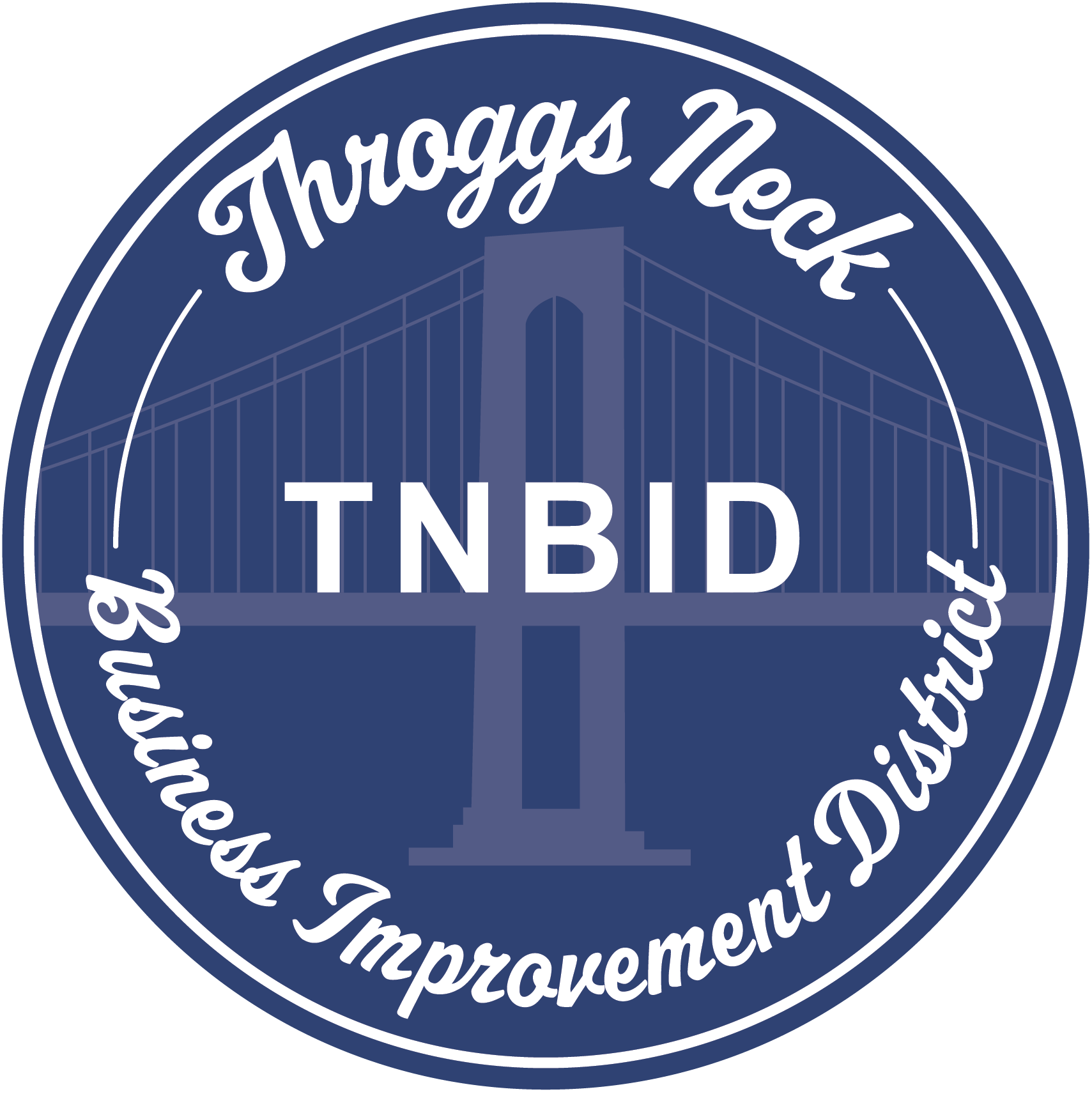On Wednesday, February 24, 2021 at 9 am ET, SBA will establish a 14-day, exclusive PPP loan application period for businesses and nonprofits with fewer than 20 employees. This will give lenders and community partners more time to work with the smallest businesses to submit their applications, while also ensuring that larger PPP-eligible businesses will still have plenty of time to apply for and receive support before the program expires on March 31, 2021.
SBA also announced four additional changes to open the PPP to more underserved small businesses than ever before. While these changes are being implemented, SBA will work with community partners to improve the emergency relief “digital front door” and conduct extensive stakeholder outreach. And, SBA will strengthen its relationships with lender partners to advance equity goals, deliver funding efficiently, and prevent fraud, waste, and abuse. SBA will:
- Allow sole proprietors, independent contractors, and self-employed individuals to receive more financial support by revising the PPP’s funding formula for these categories of applicants;
- Eliminate an exclusionary restriction on PPP access for small business owners with prior non-fraud felony convictions, consistent with a bipartisan congressional proposal;
- Eliminate PPP access restrictions on small business owners who have struggled to make student loan payments by eliminating student loan debt delinquency as a disqualifier to participating in the PPP; and
- Ensure access for non-citizen small business owners who are lawful U.S. residents by clarifying that they may use Individual Taxpayer Identification Number (ITIN) to apply for the PPP.
A critical goal from Congress for the latest round of PPP was to reach small and low- and moderate-income (LMI) businesses who have not received the needed relief a forgivable PPP loan provides. Congress set a $15B set-aside for small and LMI first draw borrowers. With existing policies, the current round has only deployed $2.4B to small LMI borrowers, in part because a disproportionate amount of funding in both wealthy and LMI areas is going to firms with more than 20 employees. The less than 20 exclusivity period combined with the changes to expand access for sole proprietors, ITINs, returning citizens, and student loan debt will help us achieve Congressional goals.
